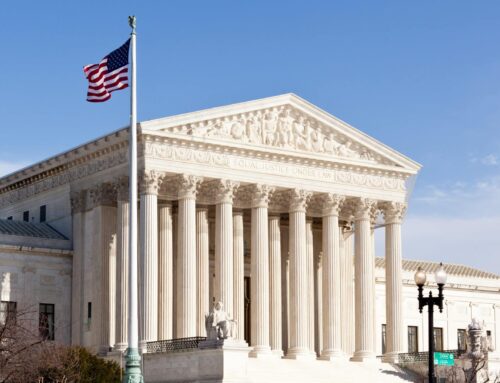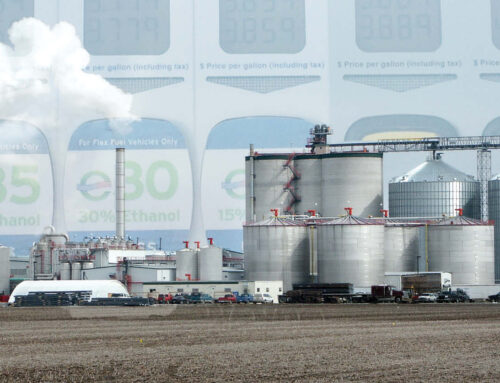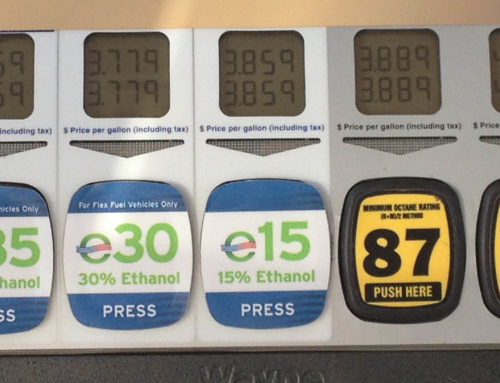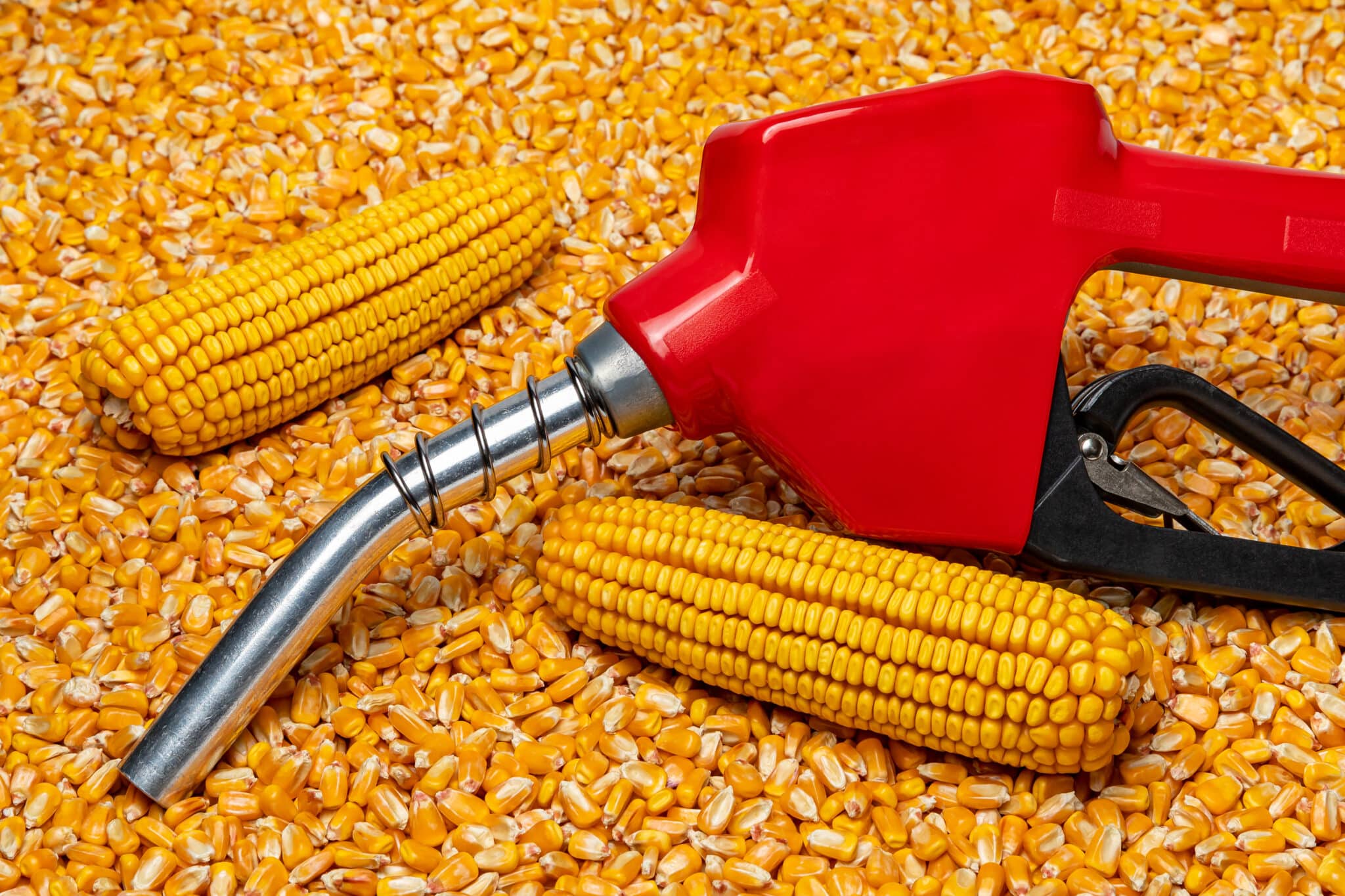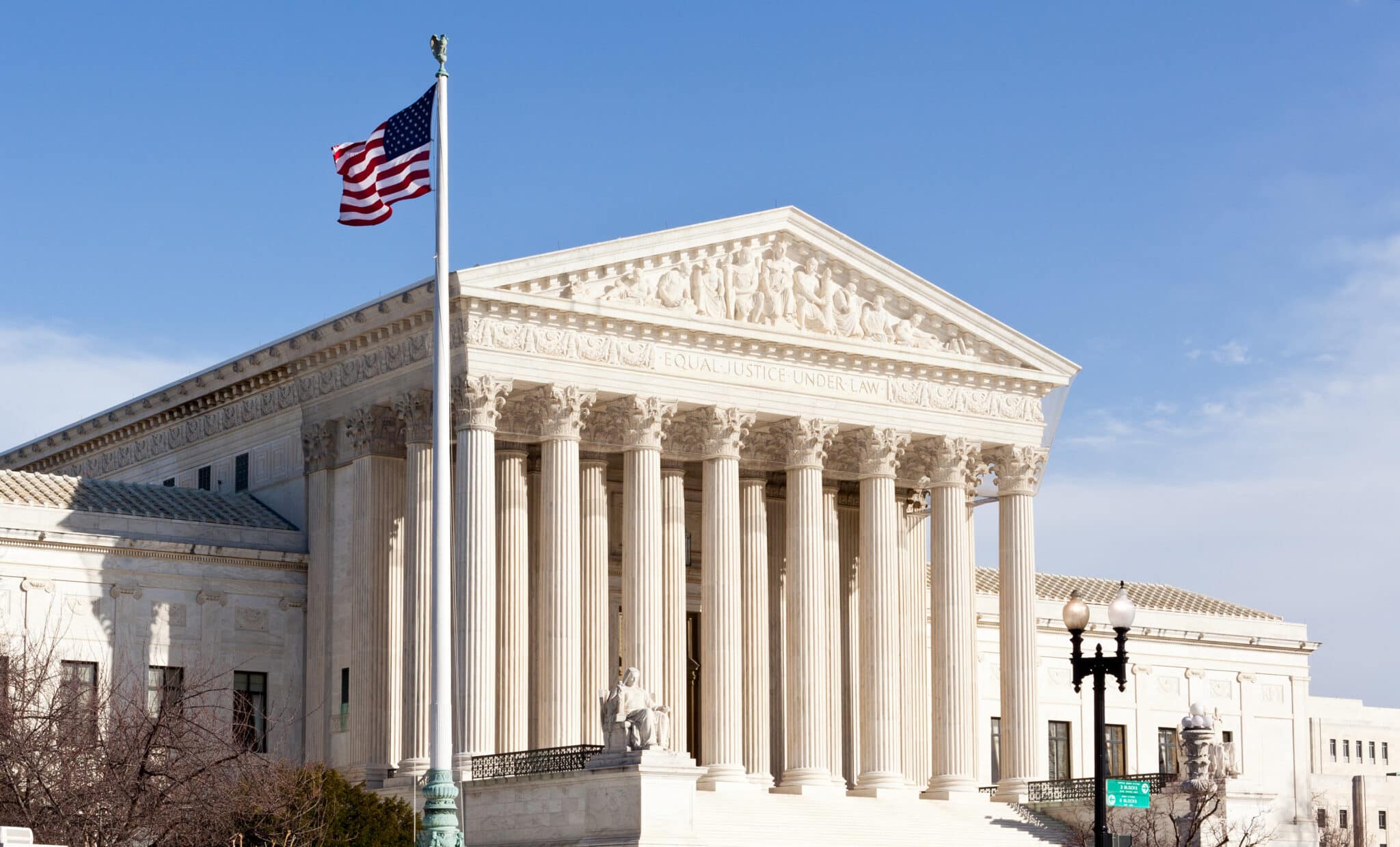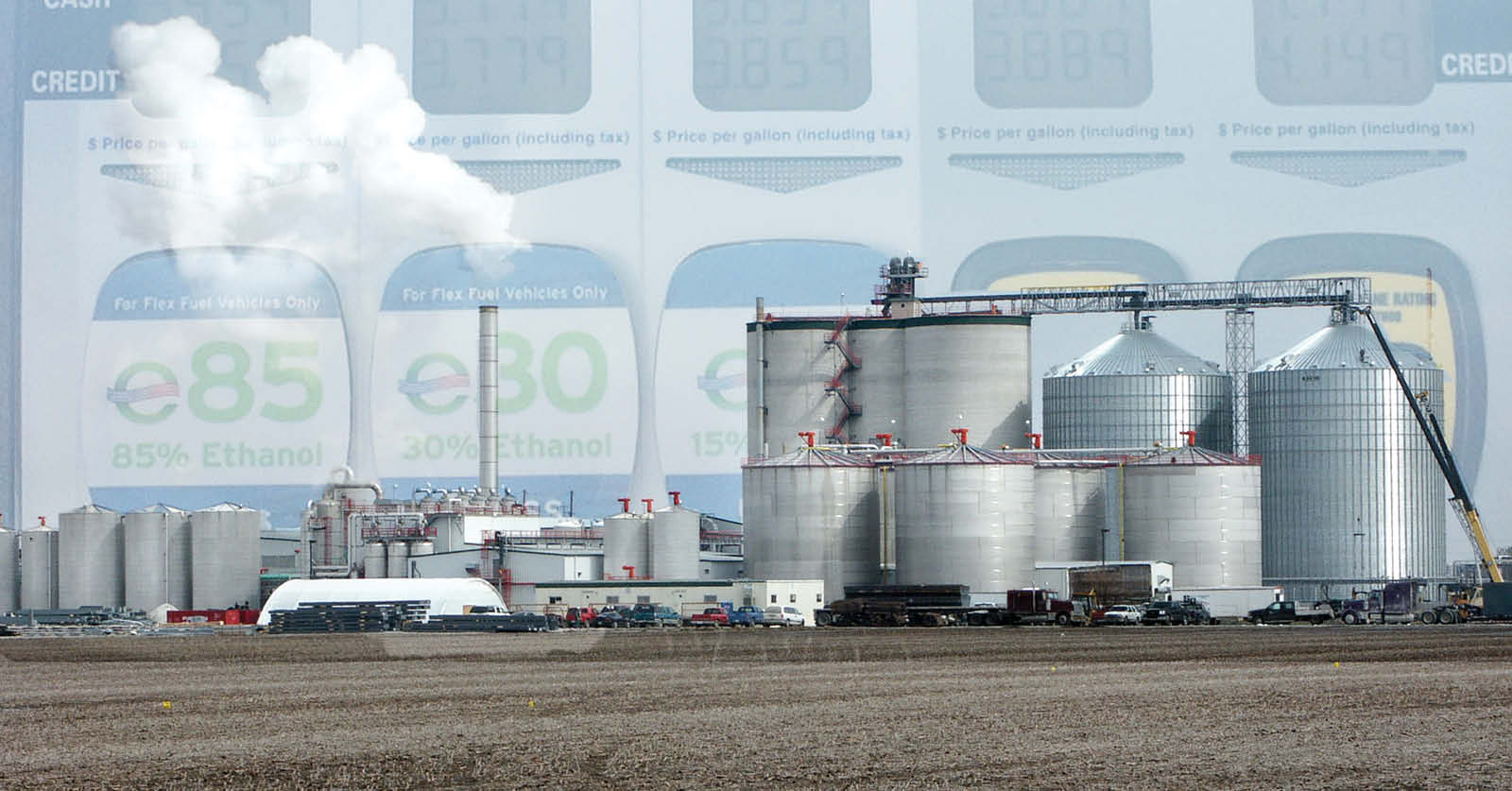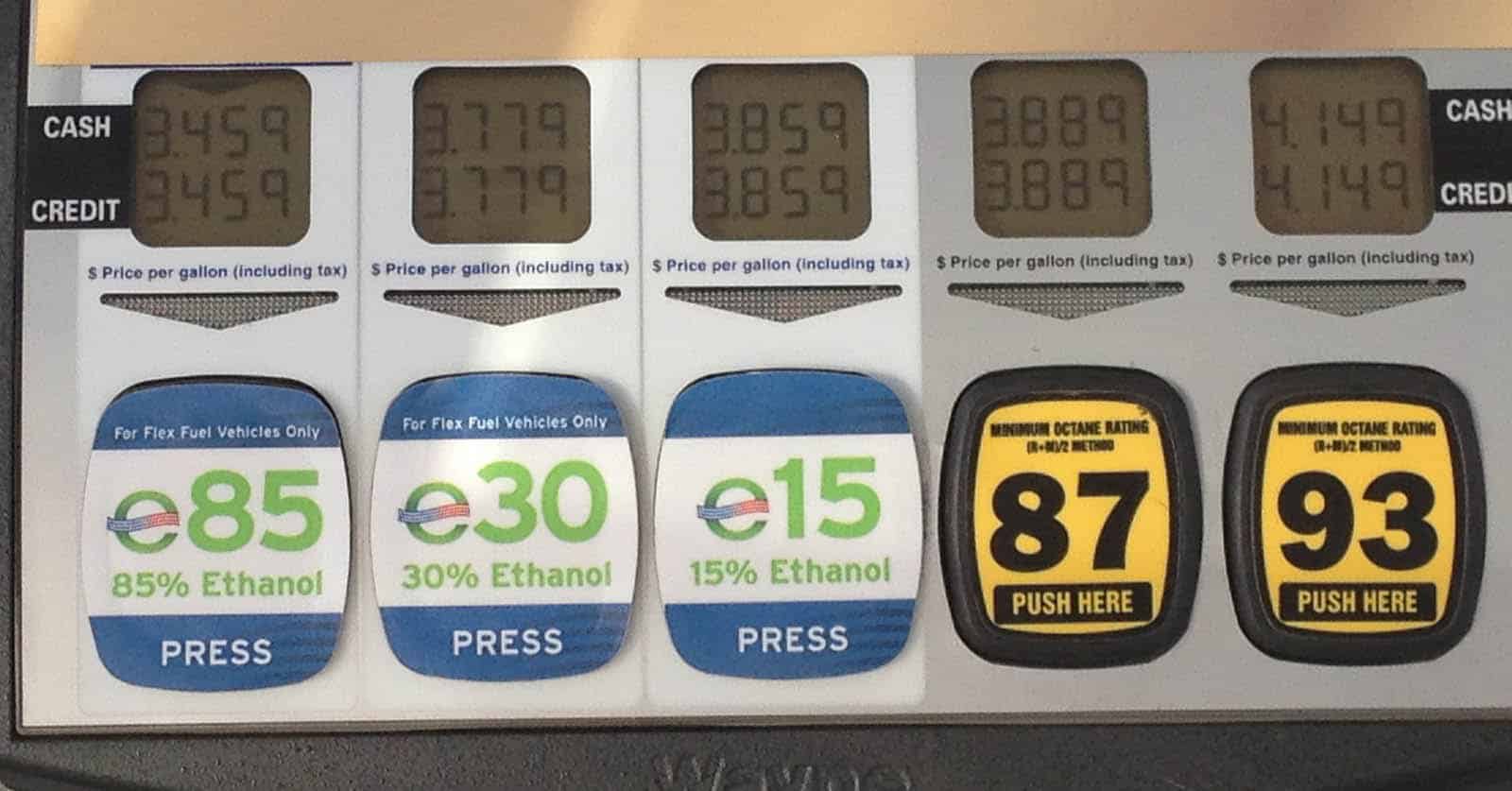Late last night, the House Committee on Agriculture released draft text for its portion of the FY2025 budget reconciliation bill. Under the budget resolution—Congress’s blueprint for the reconciliation package—the committee must identify at least $230 billion in deficit reductions between FY2025 and FY2034.
The following is a statement from Taxpayers for Common Sense President Steve Ellis:
The House Agriculture Committee’s draft text to implement budget reconciliation instructions is a fiscally irresponsible misuse of reconciliation.
Instructed to generate $230 billion in spending reductions, the committee instead prioritizes increasing the federal government’s role in the financial balance sheets of select farm businesses. Through multiple changes—including raising government-guaranteed minimum prices for favored “commodities” crops, a 24 percent ($30,000) increase in the annual individual payment limit, elimination of payment limits for farm corporations, and the addition of 30 million acres previously ineligible for subsidies—the bill is projected to increase farm income subsidies by more than $60 billion. This would be the largest increase in farm subsidies since 2002.
To meet its $230 billion deficit reduction target, the committee leans entirely on programmatic changes to the Supplemental Nutrition Assistance Program (SNAP). Lawmakers should ensure the nation’s largest food assistance program is working as intended. Prioritizing the neediest, strengthening guardrails to avoid abuse, and holding states accountable for proper administration are common-sense measures that can improve program integrity. States do need incentives to reduce improper payments. Cost-sharing for benefits is always worth discussion. And identifying proper guardrails—payment limits, means tests, work requirements, and other strings—is important.
But the passel of SNAP changes in this mark go beyond minor reforms. The merits of shifting more responsibility to states—both administrative and financial, given that SNAP benefits are currently 100% federally funded—deserve a robust debate. Air-dropping this potentially seismic shift into a reconciliation bill limits discussion not just in committee, but among the broader membership of Congress. And many of these changes are unlikely to survive the Senate’s reconciliation process.
Lawmakers deserve a real opportunity to debate options for making the farm bill more fiscally responsible and effective. Reconciliation is not conducive to that kind of debate. Using the process to jam through an unaffordable farm subsidy increase while proposing SNAP reforms unlikely to survive is fiscally irresponsible and a perversion of the process.
- Photo by Isaac Lind on Unsplash



